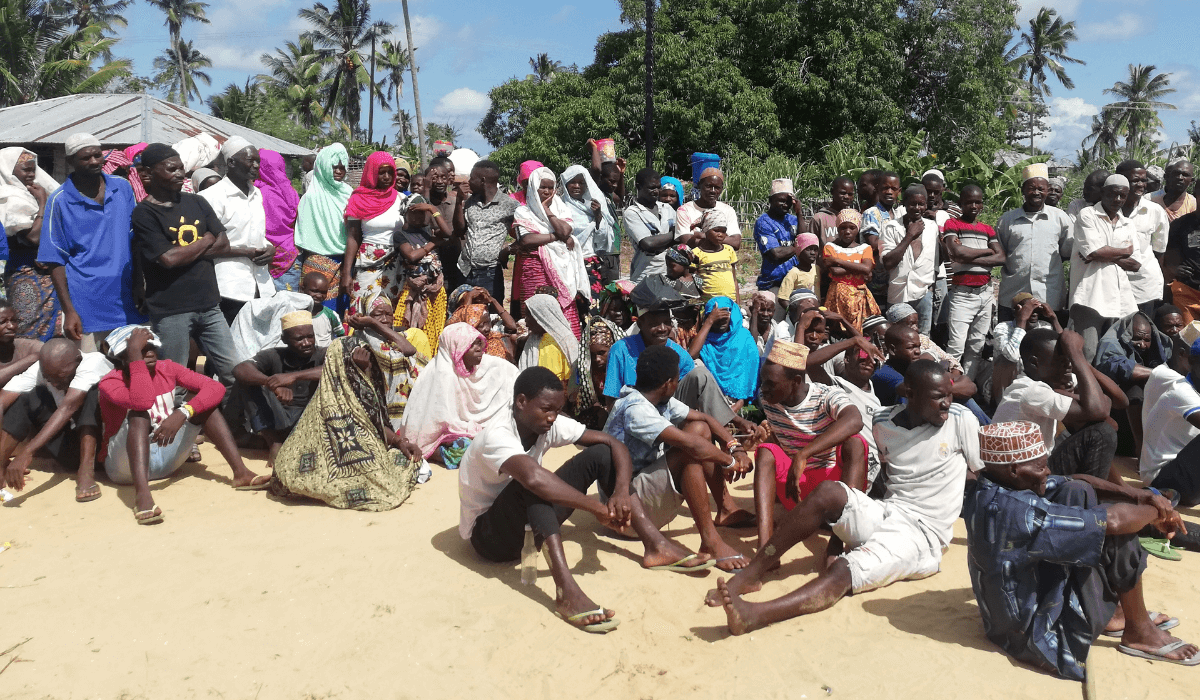People group: the Makwe of Tanzania and Mozambique
AfriGO Team

The Makwe of southern Tanzania and northern Mozambique may be the amalgamation of several people groups who migrated out to the coasts of Mozambique and Tanzania during the late 1800s looking for work, but who stayed and formed their own group. They are mainly Muslim, though like many groups, they mix Islam with traditional African beliefs. The local witch doctor assists in curing illnesses and determining guilt whenever there is a death. There is widespread use of charms and amulets, often consisting of Arabic writing on tiny pieces of paper which are rolled up and worn on the body.
The Makwe tend to be strict about participating in Ramadan, but before it begins, they may announce to the magini (spirits) that they can go and take a rest. Another unique practice is the Dança de diablo (dance of the devil) which is used to learn what the spirits want. With very low levels of literacy, many follow the imam’s teachings blindly.
At a glance
- About 50,000 Makwe live in Mozambique and 25,000 in Tanzania, and they have 50 per cent linguistic similarities with the Swahili, Mwani, and Yao languages.
- It is very difficult for a Makwe to become a Christian, as it is widely believed that it is not possible to be both a Christian and a Makwe.
- A Makwe man can divorce his wife with just a letter, then take her back again after 30 days, and do this up to three times.
Please pray
- That the Makwe will encounter the saving grace of Jesus Christ in a miraculous way, and their leaders will have dreams of Jesus.
- For more workers to go to the Makwe people during these difficult times, and for those who are refugees to meet kind Christians who can introduce them to the Father.
- For those reaching out to the Makwes; that they will not be disheartened by the lack of results, but keep sowing and trust God to change the hearts and minds of the Makwe people.
Sources: DW news, Joshua Project, peoplegroups.com, and André Thiart, missionary to the Makwe.
 Expand Your Vision in 2026
Expand Your Vision in 2026